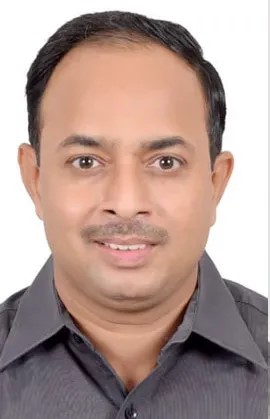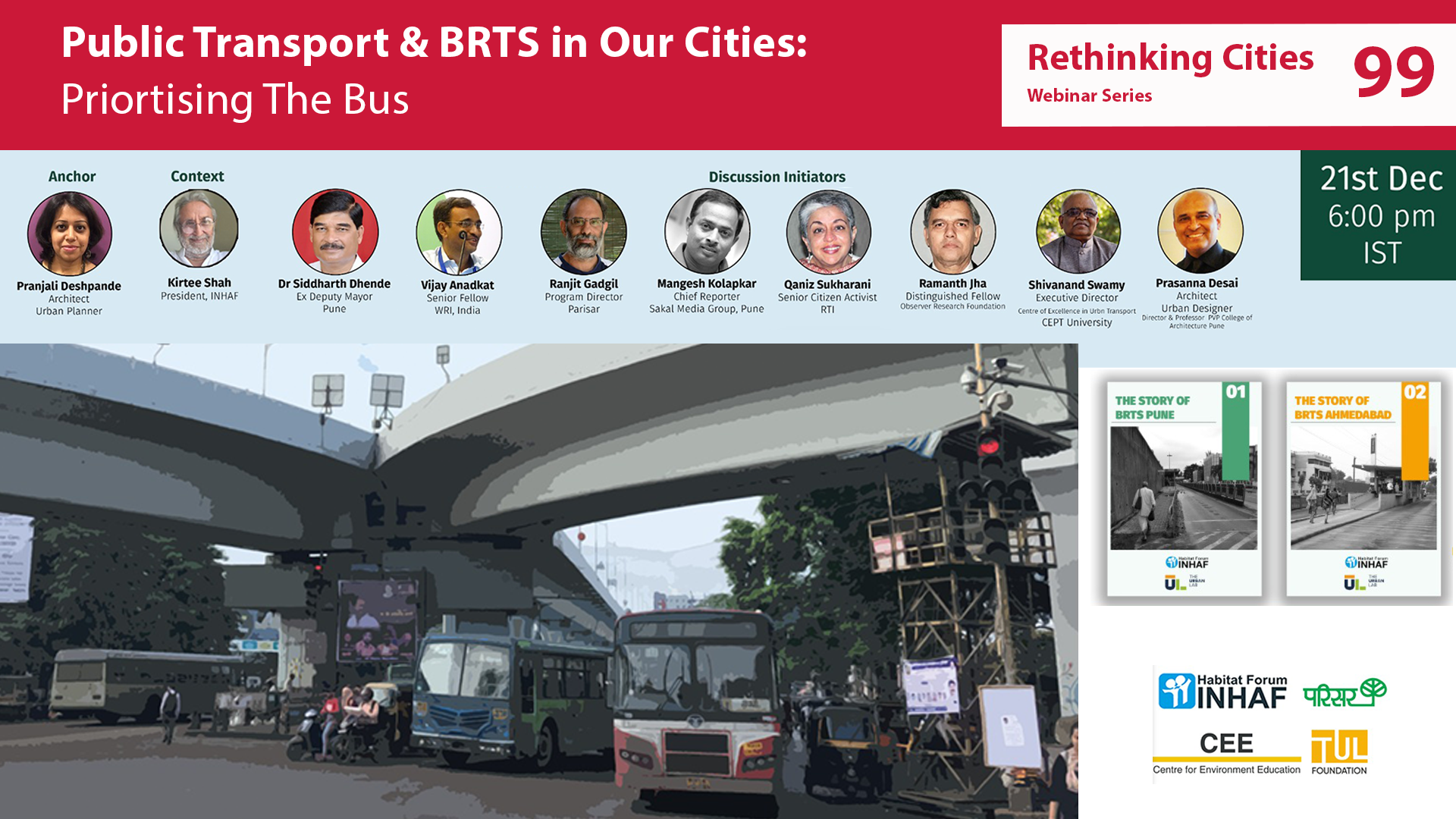
Speakers
-
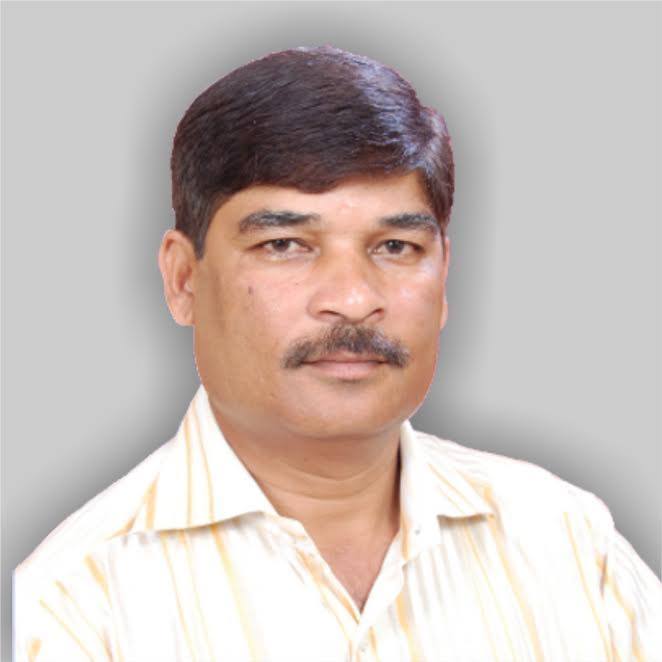 Dr. Siddharth DhendeEx Deputy Mayor, Pune
Dr. Siddharth DhendeEx Deputy Mayor, PuneDr Siddharth Dhende has served as Deputy Mayor of Pune Municipal Corporation. Dhende has graduated from BJ Medical College and is a Gold Medalist in MBBS. He has also done MD and is presently practising in Nagpur Chawl slum to treat the poor patients for free.
-
 Pranjali DeshpandeArchitect & Urban Planner
Pranjali DeshpandeArchitect & Urban PlannerPranjali Deshpande is an Architect and Urban planner. She is working on various sustainable mobility projects for more than 14 years. She is currently working as Domestic expert, Sustainable mobility for the CITIIS program funded by the MoHUA, AFD and NIUA. She has worked on various projects funded by the World Bank and FCDO (Foreign, Commonwealth & Development Office- former DFID). Pranjali worked with the Institute for Transportation and Development Policy on street design, Bus Rapid Transit, Parking policy & Transit Oriented Development policy. Pranjali is also an active member of various government committees that aim to improve sustainable mobility in Pune & Pimpri Chinchwad. She is a co-author for Pune Urban Street Design guidelines and contributor for BRT guidelines by the Indian Road Congress. She has also participated as a trainer in multiple capacity development programs for government officials. She teaches urban transport to architecture and urban design students.
-
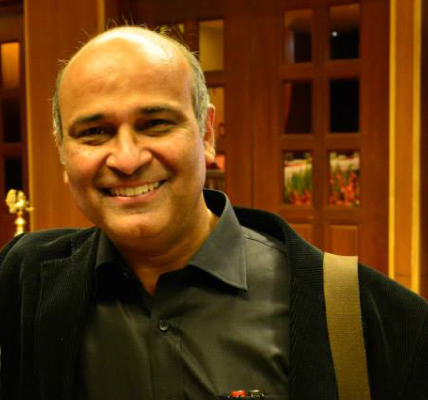 Prasanna DesaiArchitect & Urban Designer
Prasanna DesaiArchitect & Urban DesignerPrasanna Desai is a director and professor at PVP College of Architecture, Pune and has been the guiding force in the establishment of Forum for Exchange & Excellence in Design FEED, an academic platform for students and architects in Pune. He runs an architecture practice which is involved with urban design issues emphasising the role of an architect in the public domain.
-
 Ramanath Jha
Ramanath JhaDr. Ramanath Jha joined the IAS in 1977. Prior to joining the IAS, he taught in Patna University in 1975 and served in the Indian Police Service in 1976. In the 80s and 90s, he worked as Administrator of Pandharpur Municipal Council and Solapur Municipal Corporation, Collector Ahmednagar, Municipal Commissioner Pune and Metropolitan Commissioner, MMRDA. His subsequent postings were as Regional Advisor, South Asia for the Urban Mgmt Pgm of the UNDP/UN-Habitat, VC&MD of MSRDC and Principal Secretary, Transport, Ports and State Excise, GoM. He received the State Chinmulgund award for administrative excellence in 1989. He sought voluntary retirement in 2008 and joined the private sector as CEO & MD, Khed Economic Infrastructure Pvt. Ltd. He is currently Chairman, Mumbai Heritage Conservation Committee, and Distinguished Fellow of the Observer Research Foundation.
He co-authored a book “Towards People Friendly Studies” published by UNICEF and “Urban Essays” published by YASHADA. He was Editor of the “City Development Strategy for Hyderabad” published by UN-Habitat, “Perspectives in Urban Development” published by Symbiosis and theme mentor for two modules “Urban Governance” and “Municipal Management” prepared by YASHADA. He has published a number of papers on a variety of urban subjects and lectures widely on urban issues.
-
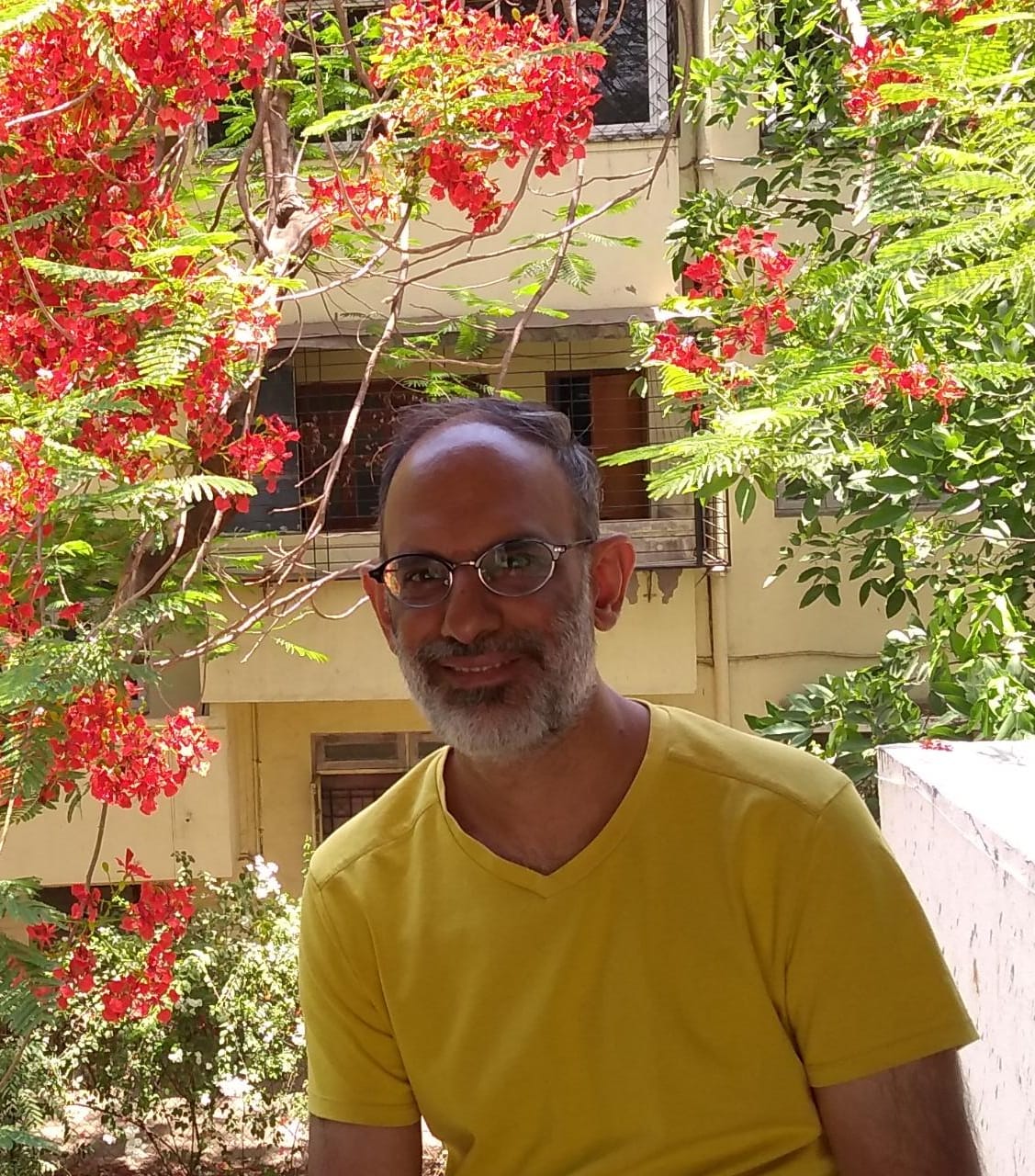 Ranjit GadgilProgram Director, Parisar
Ranjit GadgilProgram Director, ParisarRanjit Gadgil is the Program Director at Parisar, a Pune-based NGO that has been working on sustainable transport for more than two decades. At Parisar he has successfully advocated for a Pedestrian Policy, Urban Street Design Guidelines and Comprehensive Bicycle Plan to be adopted by the Municipal Corporation. Additionally he also leads the Air Quality and Road Safety programs at Parisar. He is a member of the city’s non-motorized transport (NMT) committee.
-
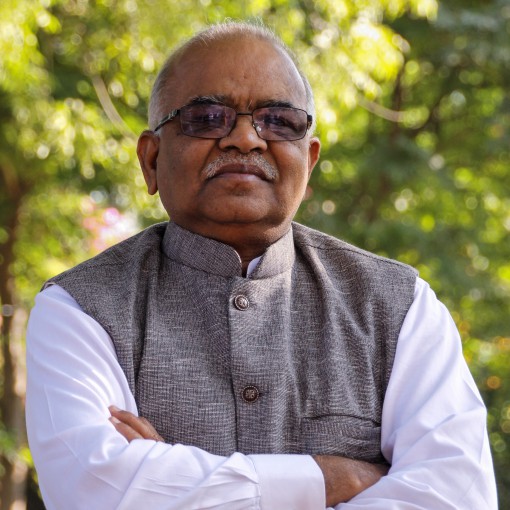 Shivanand SwamyExecutive Director Centre of Excellence in Urban Transport, CEPT University
Shivanand SwamyExecutive Director Centre of Excellence in Urban Transport, CEPT UniversityShivanand is an economist and urban and regional planner with deep experience in transport systems, integrated landuse-transport planning and development management. He has been teaching at CEPT University since 1986 and has served as a policy and systems advisor to National, State and Local Governments on public transport and planning initiatives across the country. He has been instrumental in spearheading the planning and operationalization of Janmarg, Ahmedabad, the first dedicated Bus Rapid Transit System (BRT) in India. He has also supported the planning and development of BRT systems in Surat, Bhubaneswar, Hubbali–Dharwad and Vadodara. Shivanand is an advisor to the MoUD, Government of India on evolving planning and design guidelines for BRTS and scaling up of bus-based services in Indian cities. He is currently involved in facilitating technology adoption, operations, financing and capacity building for transitioning to electric public mobility in India.
Shivanand is an active member of the Developing Countries Committee of the Transport Research Board and an Advisor to Land Transport Academy, Singapore.
-
 Vijay AnadktProgram Senior Fellow - Sustainable Cities & Transport, WRI
Vijay AnadktProgram Senior Fellow - Sustainable Cities & Transport, WRIMr Vijay supports work on the Surat BRTS, City bus services and the Auto rickshaw initiatives at Rajkot. He also provides overall technical advice and guidance on transport projects. Prior to joining EMBARQ, Vijay worked as City Engineer (Special) and Head, JnNURM at Rajkot Municipal Corporation, Rajkot (Gujarat-India) for more than 23 years. During that period, he was also deputed to UNDP and the Urban Development Department, Government of Gujarat for three years.
His academic qualifications are varied — Vijay is an engineer, a planner, a lawyer and a journalist.
He has prepared and implemented the Rajkot City Development Plan, Rajkot City Mobility Plan, Rajkot Poverty Alleviation Plan, and Detailed Project Reports for Rajkot BRTS, Water supply, Sewerage and Solid Waste Management.
Local Time
- Timezone: America/New_York
- Date: Dec 21 2023
- Time: 7:30 am
Public Transport & BRTS In Our Cities: Prioritizing the Bus- Meeting:01
Pune Municipal Corporation’s (PMC) demolition of the Bus Rapid Transit System (BRTS) route on Pune-Nagar Road on 6th December night, generated multiple responses. Qaneez Sukharani, a citizen activist, while welcoming and thanking PMC for it said, “ it has brought great cheer and relief to citizens who traverse the dangerous BRTS corridor on Nagar Road. It is also a mark of respect to all those who have had accidents and lost their lives all these years due to BRTS.” A letter to the Pune Municipal Commissioner and other officers titled “ Strong objection to the destruction of BRTS route …” by several “ Citizens and organizations promoting sustainable transportation “ says “ The golden opportunity to integrate the BRT with the metro, operational since 2015, has unfortunately been missed. Rather than opposing a road exclusively for vehicles, altering the BRT to be compatible with different modes of transportation would have been a more favorable strategy. Whether the BRT can function optimally or not depends on your administrative competence.” And Inhaf ( Habitat Forum) and The Urban Lab, who have just published a detailed study on BRTS Pune and Ahmedabad wrote, “ there is little doubt that demolition of the route has sent wrong and damaging signals everywhere. Not only to the Pune city and its citizens, whether using the service or not, but also to other cities where BRTS is running, and where BRTS is being planned”. All these, interestingly, are from citizens or citizen groups. And they are not expressing similar views or taking identical positions.
Efficient functioning of Pune’s transport system is critical to the city’s efficiency, productivity, mobility ,people friendliness and ease of living. It is a major determinant of positive growth of the city. And efficient functioning is mainly the function of better coordination, supplementality and complimentality of its component systems. BRTS must be seen in that framework.
Using the incidence which has made the issue topical—public transport system and BRTS as its integral part– not only for Pune but other cities as well, and in response to a visible need for a public dialogue on public transport system, INHAF, CEE, Parisar and The Urban Lab are jointly organizing two webinars on 21 and 22 December, 2023 to discuss not so much the demolition but the wider issues of public transport in our cities and position and role of BRTS in it. For an informed discussion a number of subject specialists, professionals, concerned citizens, subject experts and concerned officers form Pune city have been invited. Though experts, professionals and officials will facilitate informed dialogue, the webinar/meeting is open for all to participate and contribute.
The idea is to find ways to strengthen the public transport system.

